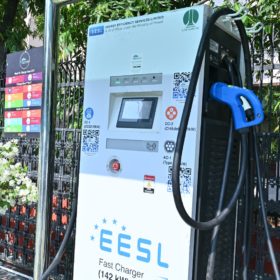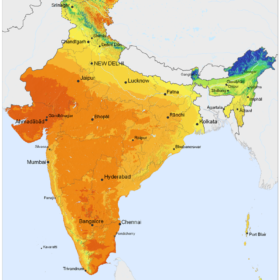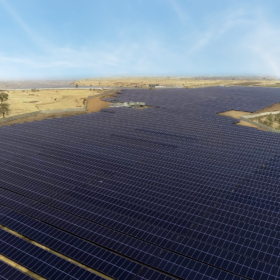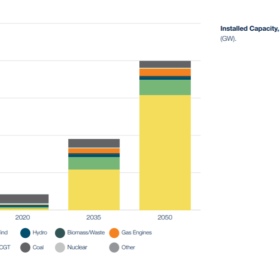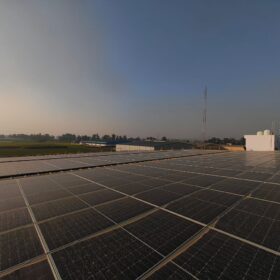Reliance Industries acquires 100% stake in REC Group, plans new manufacturing bases
India headquartered multinational Reliance Industries, through its subsidiary Reliance New Energy Solar Limited, yesterday announced the acquisition of Norway headquartered module manufacturer REC Group. The move comes as Reliance pushes forward with its US$10 billion plan to move in on the renewable energy industry, having also this week announced acquisition of a 40% share in EPC provider Sterling & Wilson.
Magenta to deploy EV charging solutions in Delhi
Magenta, in collaboration with State power discom BSES, will deploy innovative EV charging solutions in the discom’s service area in Delhi. It will undertake the installation, operations and maintenance of EV charging solutions under the ChargeGrid brand.
Jubilant Ingrevia raises 26.6% stake in 15.5 MW captive solar plant
Jubilant Ingrevia, a Noida-headquartered integrated life science solutions provider, has signed the agreement to acquire a 26.6% equity stake in the 15.5 MW solar power plant for its captive consumption. The plant, located in Maharashtra, is being developed by Amp Energy through a step-down subsidiary.
Reliance Industries’ new energy arm to acquire 40% stake in Sterling and Wilson Solar
The acquisition gives Reliance New Energy Solar access to Sterling and Wilson Solar’s PV plant engineering and project management skills as it aspires to become a global leader in green energy based on the latest and most cost-competitive technologies and development capabilities.
Tata Power to install EV charging infrastructure for TVS Motor
TVS Motor has signed a memorandum of understanding with Tata Power to create a regular AC charging and a DC fast-charging network for its electric two-wheelers. The two companies will also explore opportunities to use solar energy to power select TVS Motor locations.
Emerging trends in the Indian solar power sector
The Indian solar power sector is undergoing a technology-backed transformation at every stage from manufacturing to installation to improve cost and performance efficiency.
IPO-bound Waaree Energies appoints CEO
The Indian solar manufacturer, which has 2 GW of module production capacity, has appointed Vivek Srivastava as chief executive officer. Vivek joins from Reliance BP Mobility Limited, where he served as the senior vice president.
Cleantech Solar secures INR 2 billion from NIIF
The Singapore-headquartered corporate solar provider, which has over 600 MWp of solar portfolio across India and Southeast Asia, shall utilize the debt funding to finance its open access solar projects in India.
All-renewables power system with 76% solar share could halve electricity costs and drive net-zero by 2050
A power system modeling study, jointly carried out by Lappeenranta-Lahti University of Technology (LUT) and Wärtsilä, explores the feasibility of a net-zero-emissions power system in India by 2050. It shows that an all-renewables power system, when paired with flexible generation technologies (thermal balancing power plants and energy storage), can improve the affordability of electricity while ensuring the reliability of system operations.
Silicon metal and aluminum industries hit by China power shortages
A combination of booming demand for coal-fired power and a shortage of the black stuff – exacerbated by a political row with Australia – have forced up prices to the extent fossil fuel generators are making a loss on every unit of electricity they produce. pv magazine‘s Vincent Shaw considers the potential solutions.




